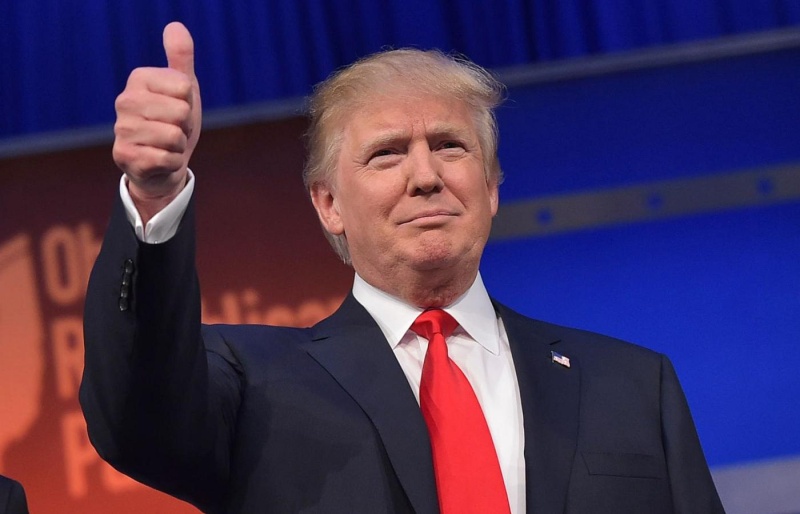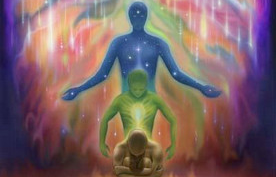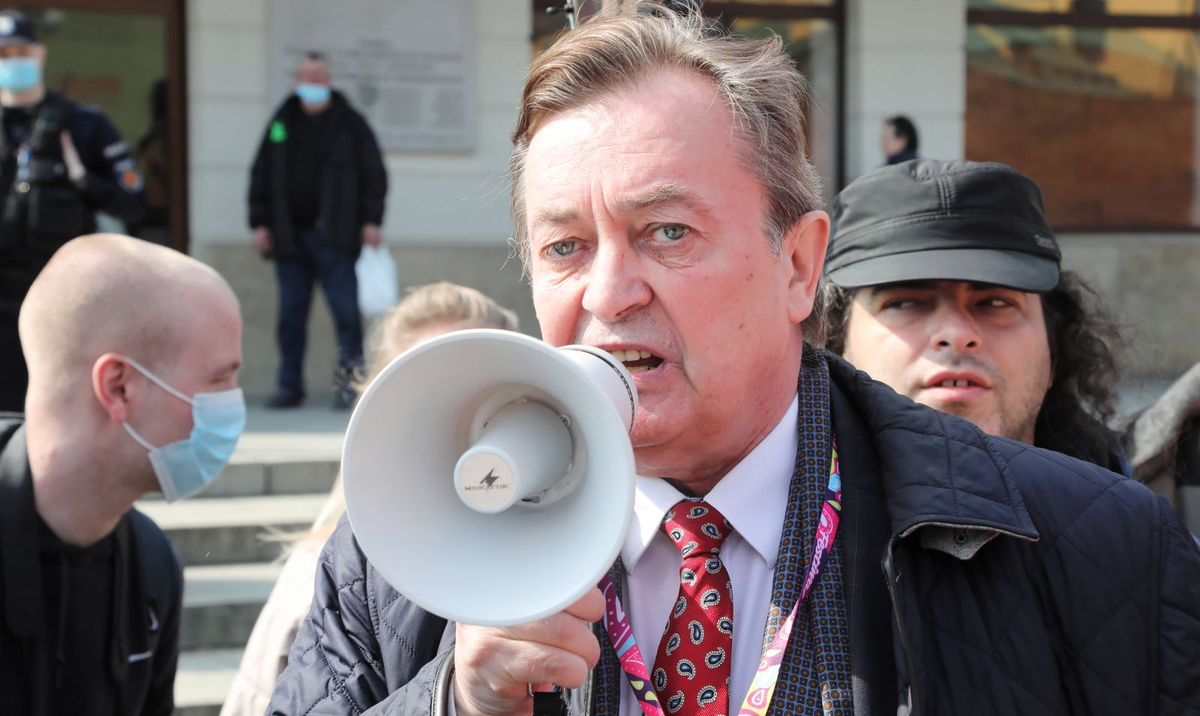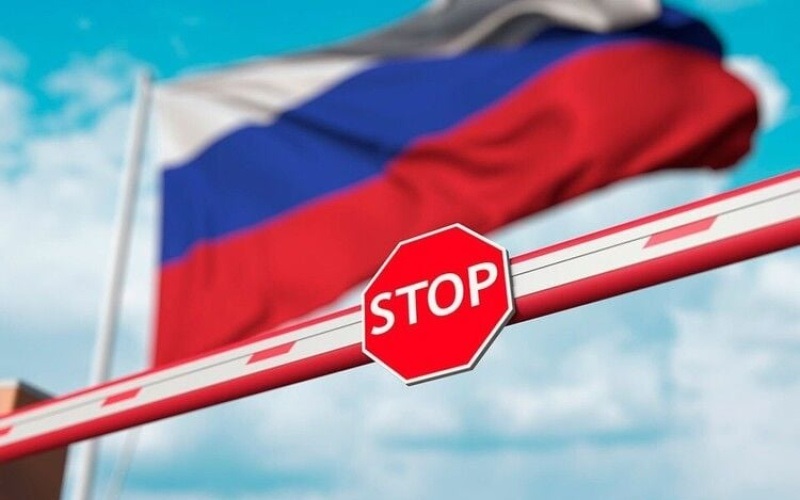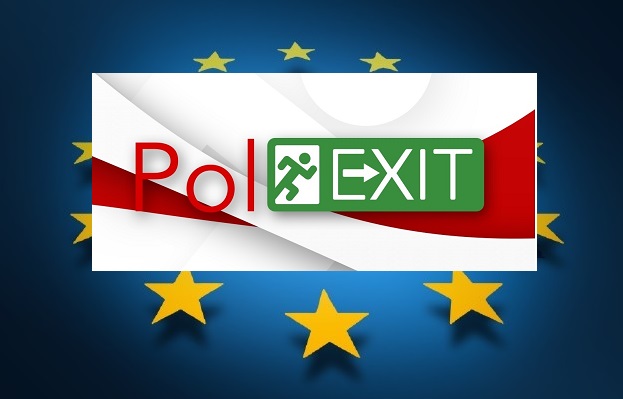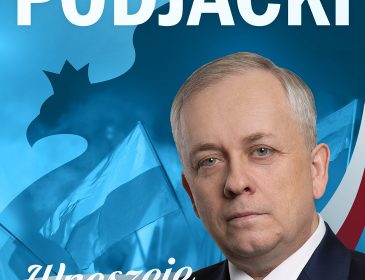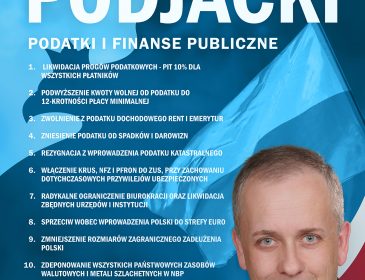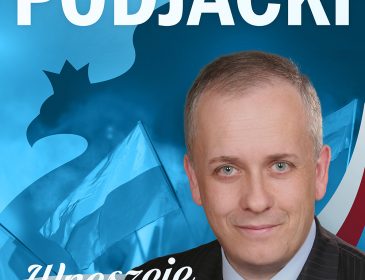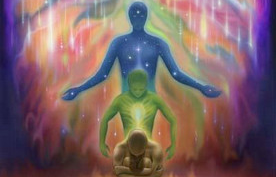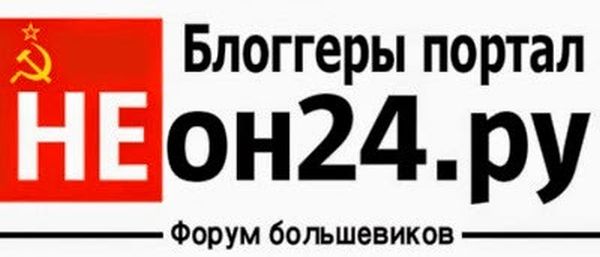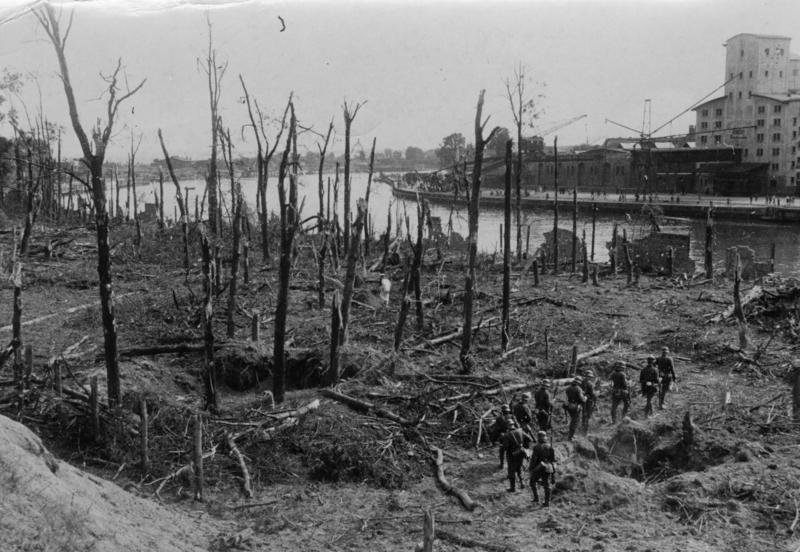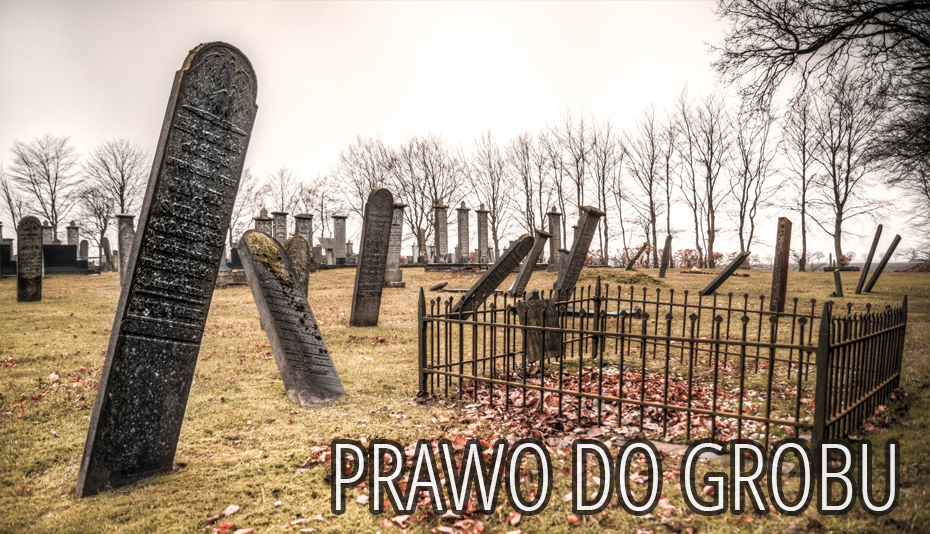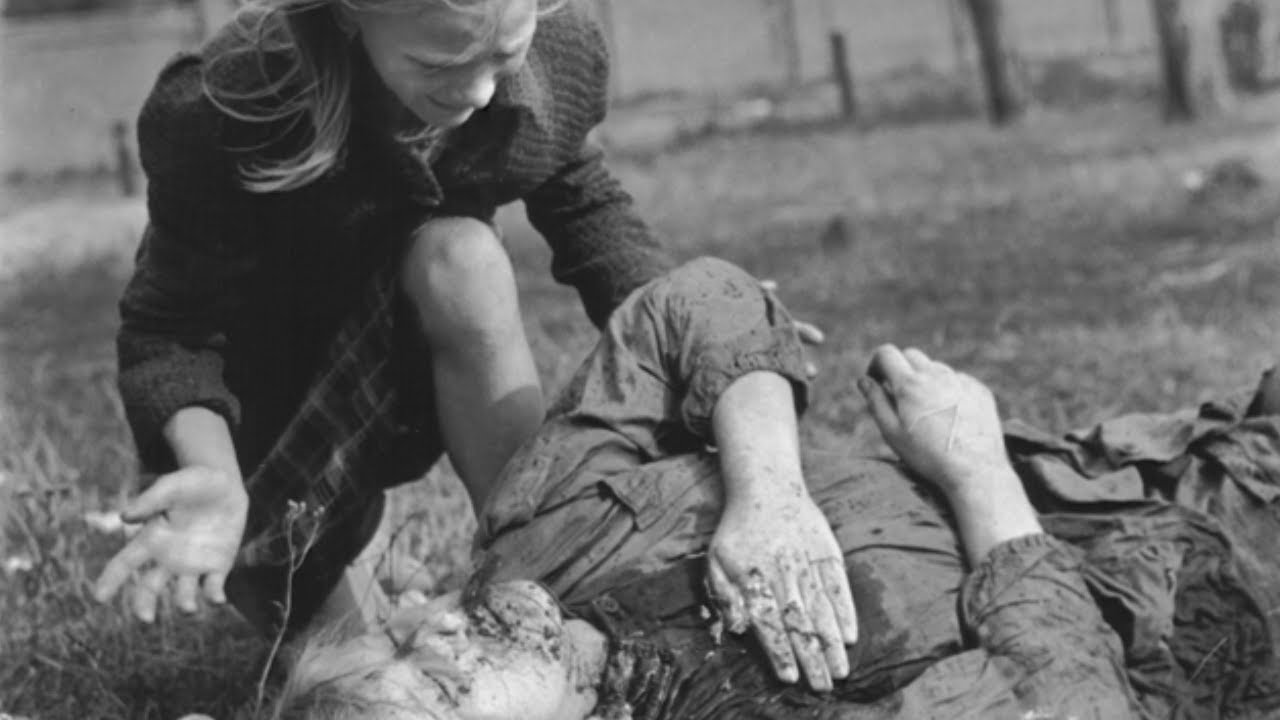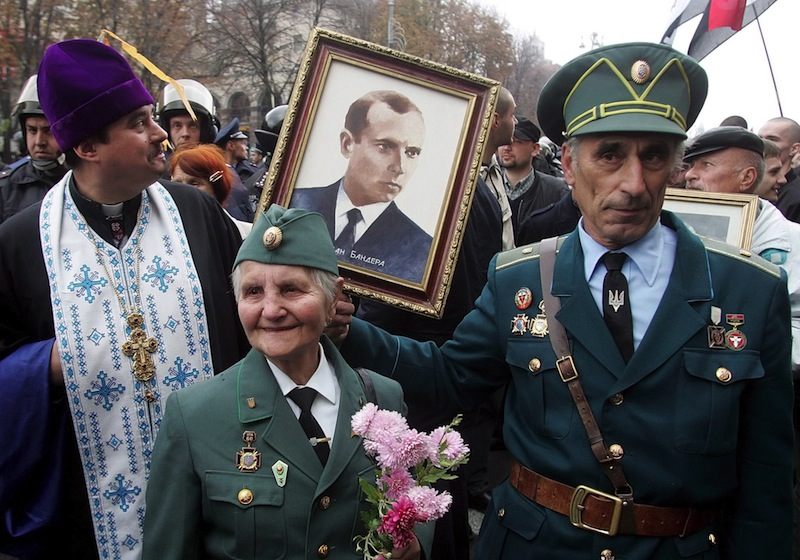Kiedy Adolfina grozi wojna, to wie co mowi.
28/10/2011
397 Wyświetlenia
0 Komentarze
7 minut czytania
Ostatecznie kto moze wiedziec lepiej niz Niemcy, jakie pobudki kieruja tymi, ktorzy wywoluja wojny w Europie.
W Polsce stronnictwo pruskie nie tylko dziala jawnie, ale dawno przeszlo juz na reczne sterowanie ( punktem przelomowym byla “rezygnacja” pana premiera z ubiegania sie o prezydenture RP ). Dlatego tez nie tylko nie wolno nam podwazac slow pani Fuhrer, ale nawet poddawanie w watpliwosc faktu, iz zostala ona znaleziona zupelnym i calkowitym przypadkiem w kapuscie, powoduje nabozenstwa wynagradzajace w wiekszosci poslkojezycznych mediow.
Na Wyspach Bergamutach ( scil. Brytyjskich ) jest szczesciem inaczej.
Polecam ponizszy wpis na blogu
abp Cranmera ( polecam, mimo obrzydzenia do historycznej postaci abp Cranmera ):
Thursday, October 27, 2011
Merkel: "If the Euro falls, there will be war in Europe"
When a German chancellor talks of the inevitability of war in Europe if he (or she) doesn’t get his (or her) way, it would be remiss of the British to ignore it. It is not clear who we should infer will go to war against whom, but Chancellor Merkel’s observation is ominously similar to the threat made by her predecessor Chancellor Kohl, who once said: 'The future will belong to the Germans…when we build the house of Europe… In the next two years we will make the process of European integration irreversible. This is a really big battle, but it is worth the fight.’ A CDU document from 1994 explained: ‘Never again must there be a destabilizing vacuum of power in central Europe.
If European integration were not to progress, Germany might be called upon, or tempted by its own security constraints, to try to effect the stabilization (a word replete with unpleasant historical echoes) on its own, and in the traditional way.’ Kohl asserted his conviction that if there were no further European integration, there may well be war.
His Grace happs to believe the complete opposite: the euro increases the likelihood of civil unrest and war. With the break-up of the former USSR, Quebec’s bid for independence from the Canadian federation, the former Yugoslavia’s descent into tribal warfare, the splitting asunder of Czechoslovakia, and even the fracturing of the United Kingdom, the evidence is overwhelming that states established by treaties are fragile entities. Artificially created states – that is those crafted by supranational bodies and imposed upon diverse ethnic groups and disparate cultures – tend to revert back to their ethnic groupings, often with horrific wars of independence in the struggles for nation-state recognition. president Mikhail Gorbachev said that he finds it particularly surprising that European leaders are trying to construct a European Soviet after he had overseen the fall of the Russian one. The political structures of Western Europe have kept its countries in peace and friendship for the longest period of stability in its history, yet there has arisen a great dilemma. There are those who believe that the EU is yesterday’s solution to the day-before-yesterday’s problems. A union that was forged to avoid war has (we are told) yielded a sustained peace. But the greater and more successful that peace, the more remote the possibility of war becomes, and the harder it is to find a reason for the existence of the Union. The entire experiment has produced a great paradox.
I komentarz:
’Chancellor Kohl, who once said: 'The future will belong to the Germans…when we build the house of Europe… In the next two years we will make the process of European integration irreversible.’
This was the intention of those building Federalist Europe all along!.
For those who haven`t realised yet we were duped!.
We are now ruled by a small group of unelected men in Europe.
What they couldn`t accomplish by countless wars they have accomplished by deception.How smart was that!.
And our Government was complicit in the process.
This is why Cameron fought tooth and nail against the referendum on Europe.
Dla tych, ktorzy nie fersztejen po angielsku:
Kiedy niemiecka kanclerz mowi o nieuchronnej wojnie w Europie, jesli nie uzyska tego, czego sie domaga, nie byloby rozsadne zlekcewazyc te slowa.
Wprawdzie nie jest jasne, kto z kim mialby wojowac, ale uwaga Adolfiny jest niebezpiecznie podobna do grozbyjej poprzednika, kanclerza Kohla, ktor powiedzial byl:
“Przyszlosc bedzie nalezec do Niemcow … kiedy zbudujemy europejski dom …W ciagu najblizszych dwu lat uczynimy proces integracji europejskiej nieodwracalnym. To wielka bitwa, ale warto ja stoczyc.” Dokument CDU z 1994 wyjasnia: “Juz nigdy nie moze byc destabilizujacej prozni politycznej w centrum Europy. Jesli integracja europejska mialaby nie postepowac, Niemcy moglyby byc zmuszone lub powolane przez swoje wlasne ograniczenia bezpieczenstwa, by sprobowac wymusic stabilizacje samodzielnie, w TRADYCYJNT SPOSOB”. Kohl potwierdzil swoje przekonanie, ze brak dalszej integracji moglby oznaczac wojne.
Jego Milosc ( scil. bloger Cranmer ) uwaza, iz jest dokladnie odwrotnie: to euro zwieksza niebezpieczenstwo niepokojow spolecznych i wojny. Przyklady rozpadu ZSRR, proby uzyskania niepodleglosci przez Qeebec, rozpad Jugoslawii i stoczenie sie na poziom wojen plemiennych, rozpad Czechoslowacji czy nawet ruchy odsrodkowe w UK dowodza, iz panstwa powolane li tylko moca traktatow sa kruche i niestabilne.
Panstwa powolane sztucznie – w wyniku eksperymentow ponadnarodowych cial i nalozone na odmienne grupy setniczne i przeciwne kultury – maja tendecje do powracania do swoich etnicznych podzialow, czesto wsrod okrutnych wojen o niepodleglosc w ramach staran o uznanie panstwa narodowego.
Prezydent Miszka Gorbaczow powiedzial, iz jest rzecza wyjatkowo zdumiewajaca, ze liderzy europejscy probuja stworzyc europejski sojuz po tym, kiedy byli swiadkami upadku sojuzu rosyjskiego. Etc.
Nihil novi, ale dobrze powiedziane.


